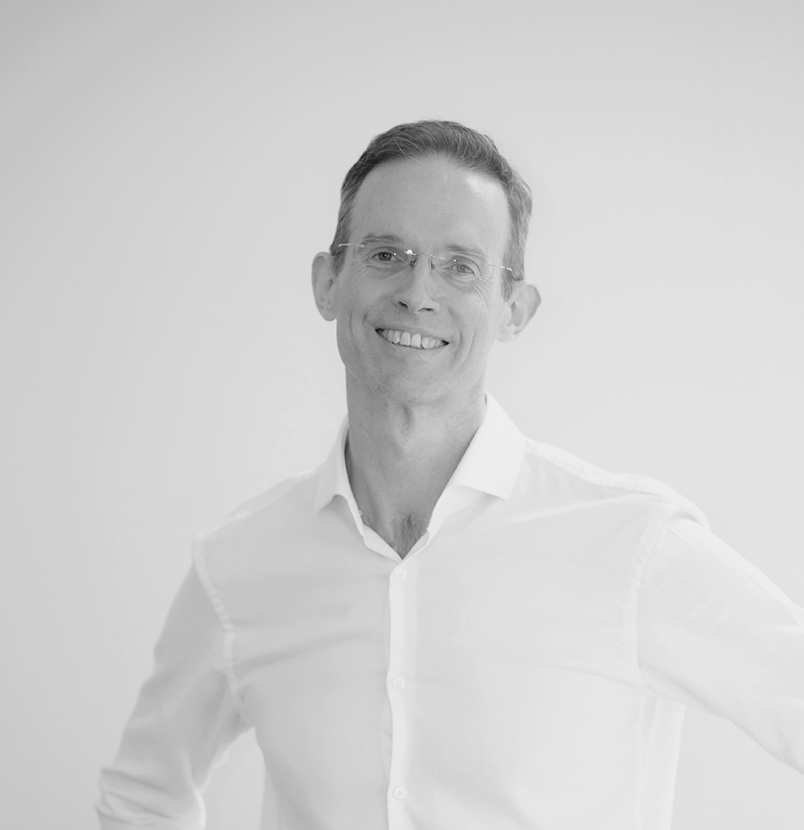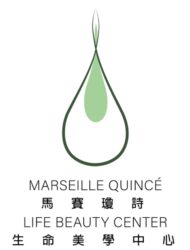What is autophagy?
Autophagy is a naturally occurring degradation process in cells.
Over time certain cellular components become dysfunctional and cause disease. Autophagy monitors these components and if activated will degrade them in a highly selective manner.
Autophagy is unique from other degradative processes because it can eliminate cellular components as small as single proteins or as large and complex as mitochondria, protein aggregates, and pathogens.

How does it work?
Distinguish, Deliver, Degrade
Autophagy machinery distinguishes between dysfunctional and healthy cellular components and initiates biogenesis of an autophagosome around the dysfunctional components.
The autophagosome delivers the dysfunctional components to the lysosome, which contains digestive enzymes capable of degrading the entire autophagosome and the damaged components. By-products of degradation can be recycled back into the cell.

The opportunity
Many disease targets are beyond the limit for degradation by the ubiquitin-proteasome system. Marseille Quincé has developed PHLYT™ as a solution to degrade these targets and to bring forward new medicines for patients in need.
Word from experts
- Sharon Tooze, Ph.D: “Autophagy is important because most people aspire to have good health and a long healthy life. This can be achieved by interventions such as diet and exercise, but the fundamental underlying process to attain health and longevity is autophagy. The most evolutionarily conserved function of autophagy is to regulate and control the balance of nutrients, growth of cells, and protect these cells from environmental stress. Furthermore, autophagy can be fine-tuned to protect cells from harmful accumulations or invading pathogens. All these functions are essential to control human pathologies such as cancer, neurodegeneration, infection, and promote healthy aging.”

- Leon Murphy, Ph.D.: “Creating autophagy-enhancing drugs is not as simple as talking trash. Previous efforts in this space were hampered by a lack of clarity in pathway biology and the truth-seeking drug hunters of Marseille Quincé have addressed this gap by uncovering new scientific fundamentals. We are acting on this information with focus and maximum intensity to bring forward new medicines for patients – our mission and our passion.”


